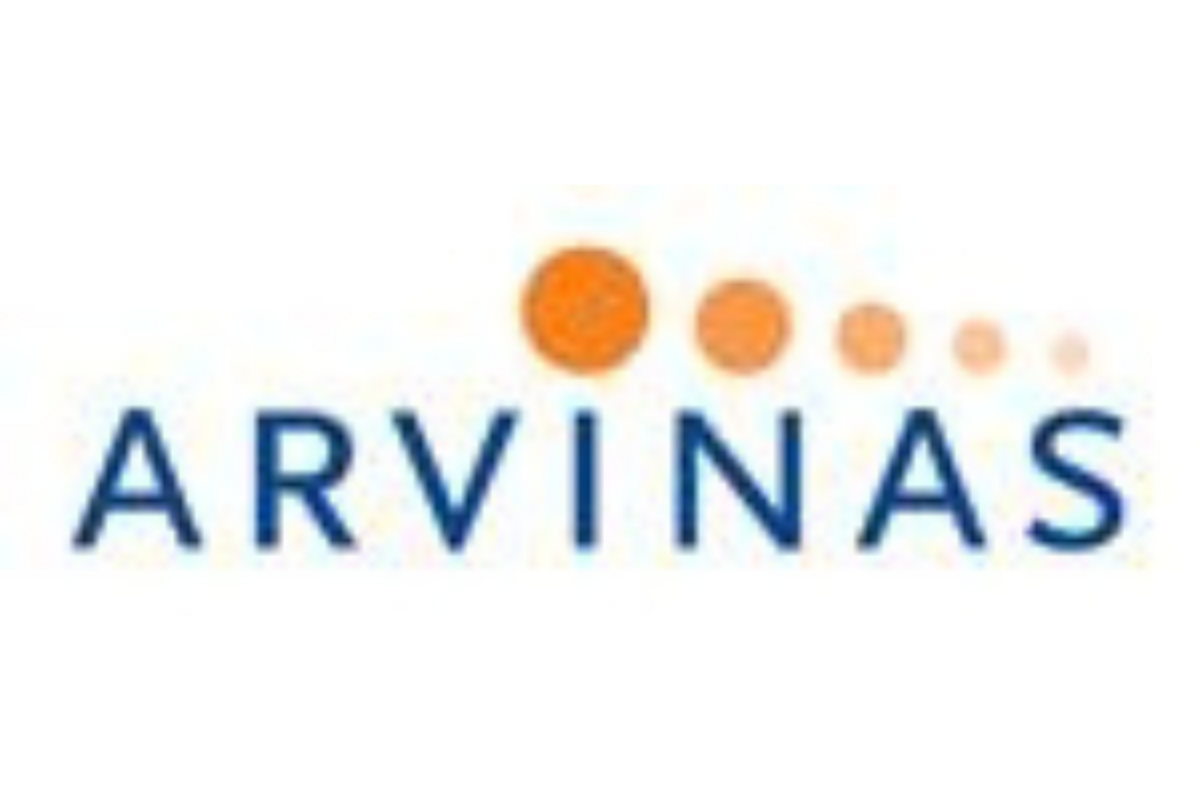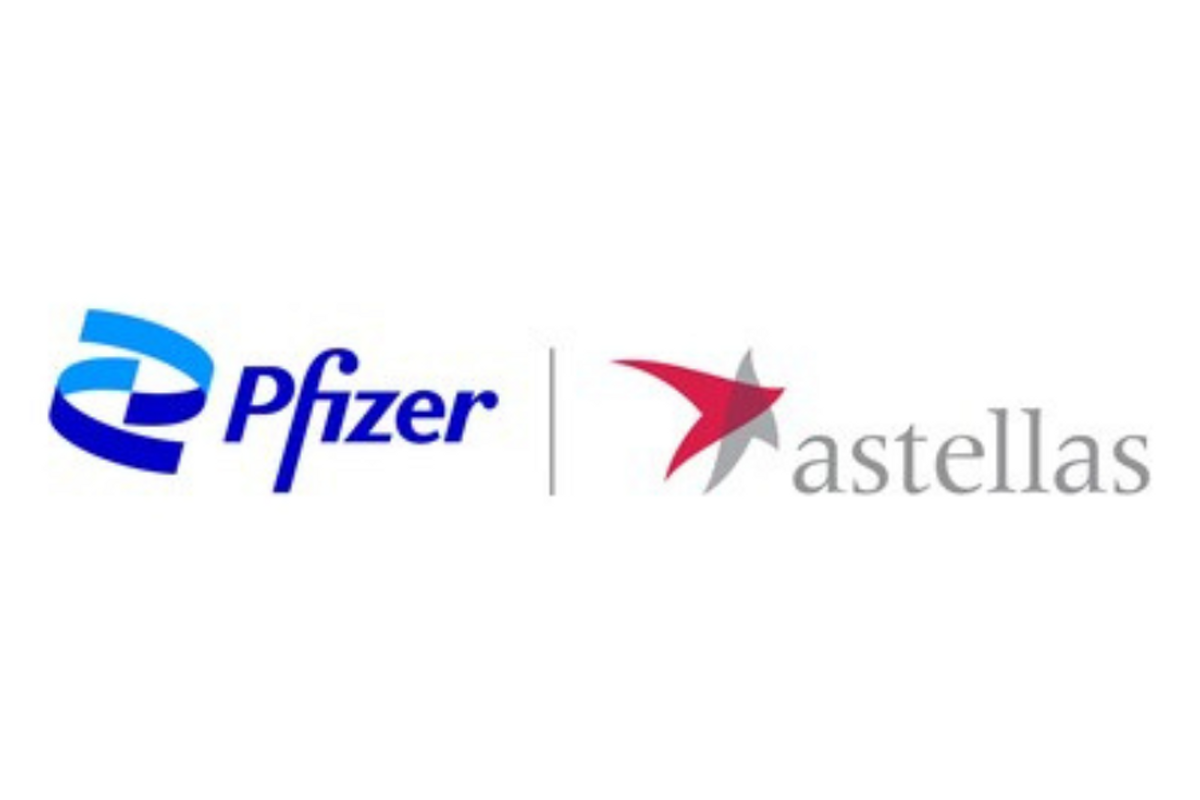- Pivotal Phase 3 VERITAC-2 clinical trial results presented at ASCO demonstrate 2.9-month improvement in median progression-free survival when compared to fulvestrant in second line-plus patients with an estrogen receptor 1 mutation
- Vepdegestrant was generally well tolerated, with few discontinuations and low rates of gastrointestinal-related adverse events
- Vepdegestrant is the first and only PROteolysis TArgeting Chimera (PROTAC) evaluated in a Phase 3 clinical trial and the first to show benefit in patients with breast cancer
- Data to be featured in a late-breaking oral presentation at ASCO and simultaneously published in the New England Journal of Medicine
- Arvinas will host a conference call to discuss these results on Monday, June 2, at 8:00 a.m. ET
Arvinas, Inc. (Nasdaq: ARVN) and Pfizer Inc. (NYSE: PFE) today announced detailed results from the Phase 3 VERITAC-2 clinical trial (NCT05654623) evaluating vepdegestrant monotherapy versus fulvestrant in adults with estrogen receptor-positive, human epidermal growth factor receptor 2-negative (ER+HER2-) advanced or metastatic breast cancer (MBC) whose disease progressed following prior treatment with cyclin-dependent kinase (CDK) 46 inhibitors and endocrine therapy. These data, which were highlighted in the American Society of Clinical Oncology (ASCO ® ) press briefing and selected for Best of ASCO, will be presented today in a late-breaking oral presentation (Abstract LBA1000) and have been simultaneously published in the New England Journal of Medicine .
In the trial, vepdegestrant demonstrated a statistically significant and clinically meaningful improvement in progression-free survival (PFS) among patients with an estrogen receptor 1 (ESR1) mutation, reducing the risk of disease progression or death by 43% compared to fulvestrant







